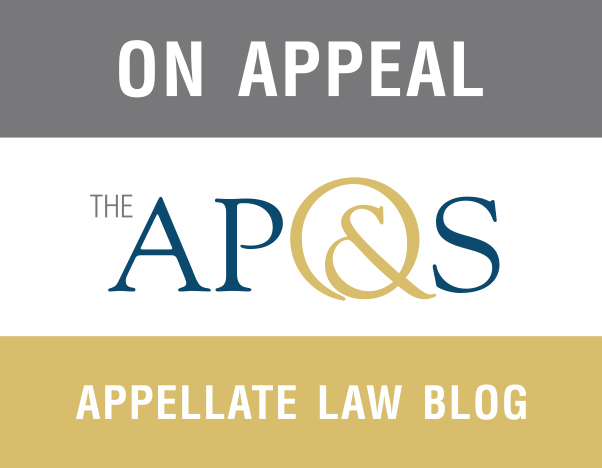

By Nicole J. Benjamin on August 4, 2014
The Rhode Island Supreme Court’s decision in McGovern v. Bank of America, N.A., No. 2013-184-Appeal, serves as a useful reminder that a party who opposes a motion for summary judgment has an obligation to come forward with competent evidence to establish a genuine issue of material fact.
In McGovern, a foreclosure case, the defendant moved for summary judgment and supported its motion with competent evidence, in the form of an affidavit and an authenticated copy of the plaintiff’s payment history to demonstrate that the plaintiff was in arrears on his loan and had failed to cure the default prior to foreclosure. Id. at 3-4, 6. In opposing the defendant’s motion, the plaintiff provided two affidavits, neither of which indicated he was current on his loan payments. Id. at 4-5. Instead, plaintiff attempted to rely on the assertion in his complaint that his mortgage was not in arrears. Id. at 7.
The Supreme Court concluded that the plaintiff’s assertion was insufficient to withstand summary judgment. Indeed, it is well settled that a non-moving party “cannot rest on allegations, denials in the pleadings, conclusions, or legal opinions.” Id. (citing Plainfield Pike Gas & Convenience, LLC v. 1889 Plainfield Pike Realty Corp., 994 A.2d 54, 57 (R.I. 2010)); see also Ingram v. Mortgage Electronic Registration Systems, Inc., No. 2012-269-Appeal at 7. Rather, the non-moving party “must present evidence of a substantial nature predicated on more than mere conclusory statements.” McGovern, No. 2013-184-Appeal at 7 (citing Riel v. Harleysville Worcester Ins. Co., 45 A.3d 561, 570 (R.I. 2012)).
Faced with such evidence, plaintiff was required to come forward with competent evidence of his own to establish a genuine issue of fact. See Plainfield Pike Gas & Convenience, LLC, 994 A.2d at 57 (The “party opposing a motion for summary judgment has the burden of proving by competent evidence the existence of a disputed issue of material fact.”).